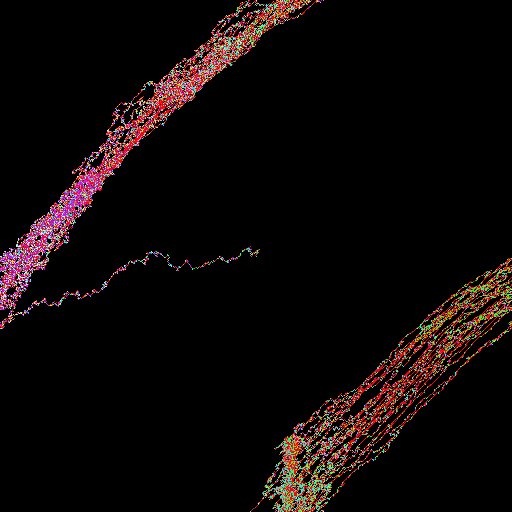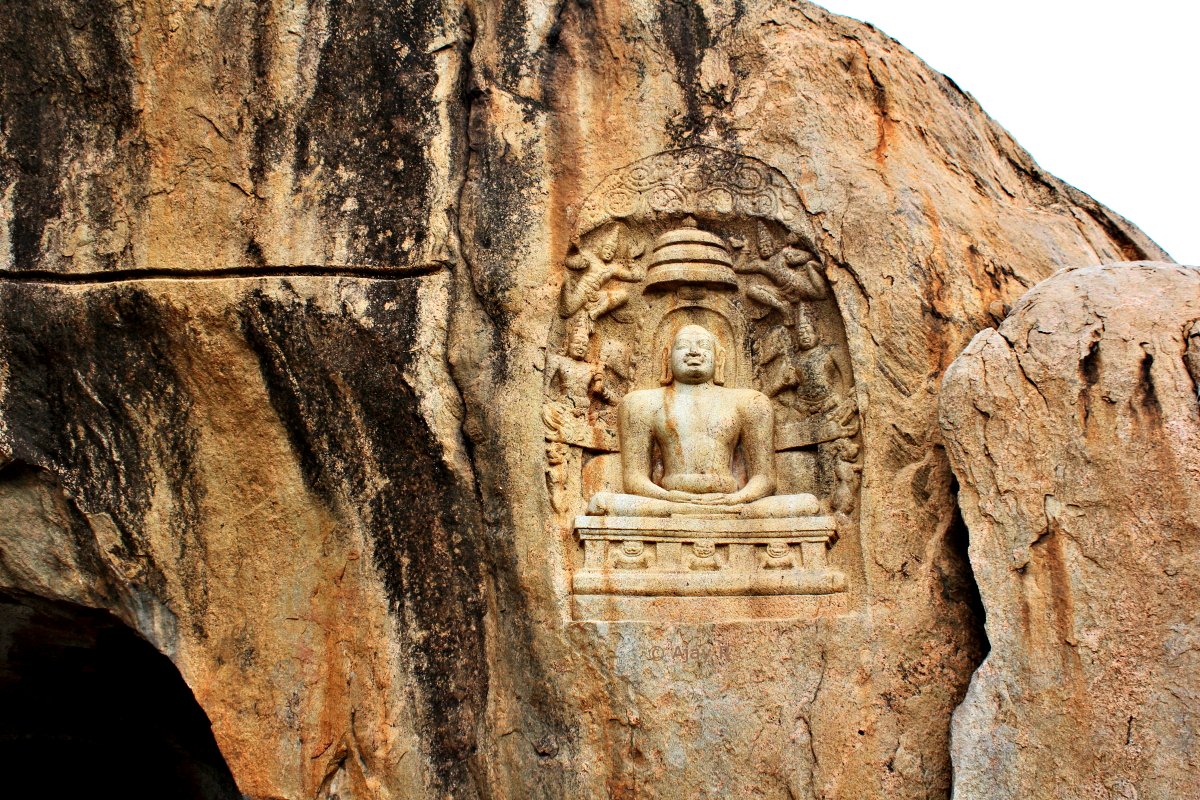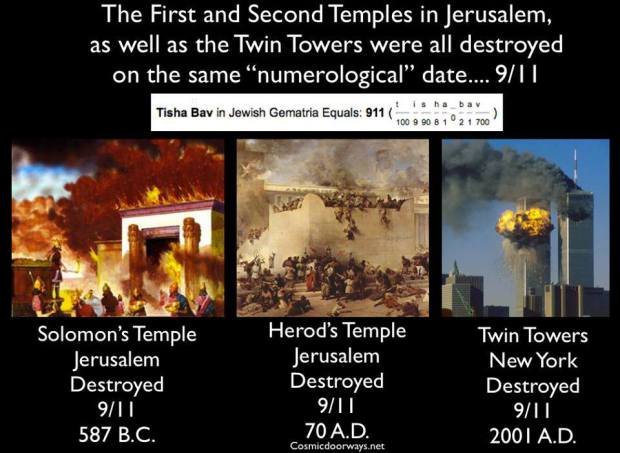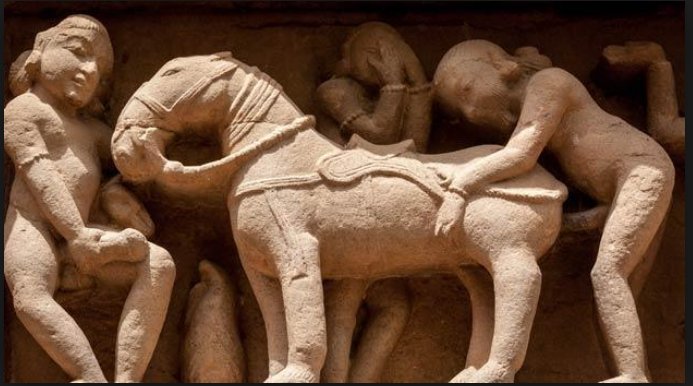The basic premise of the book is that history has a direction which favors co-operation and non-zero sum games, and that causes an increase in complexity.
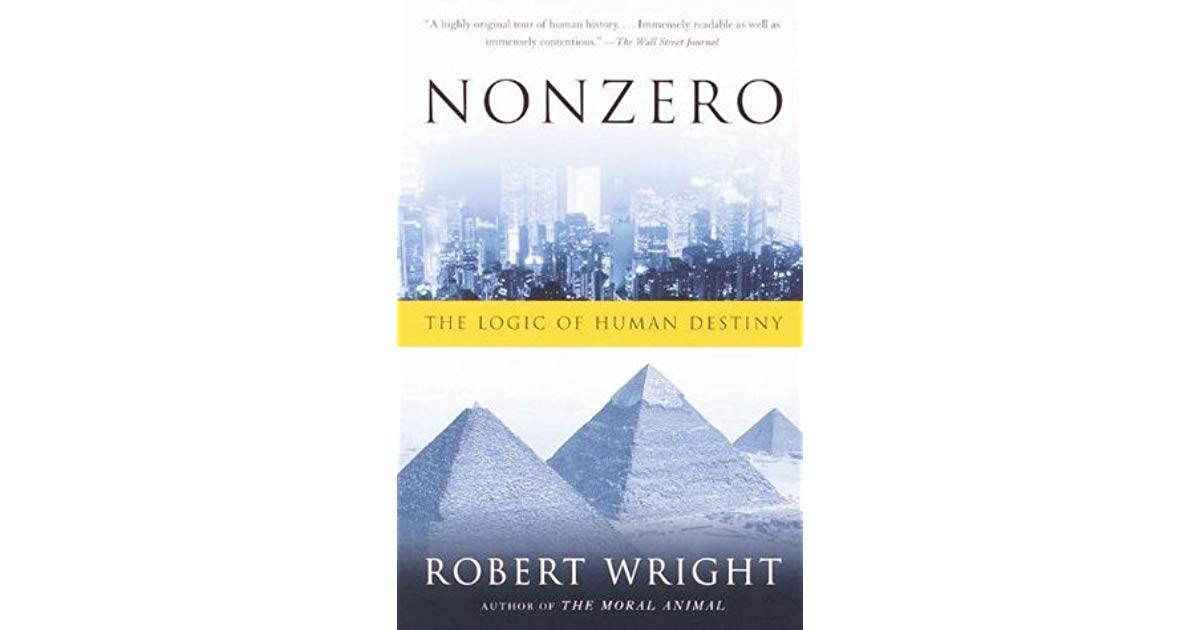
For example, eukaryotic cells - the ones animals and plants have - emerged when two proto-cells merged, and one took the role of energy generator (mitochondria), the other specialized in protection.
So M&A is not a recent phenomena, entities have been merging because of common interests ever since life started.
This is truly a non-zero sum game.
Like, even though we're a family and there's a single ice-cream left in the fridge, you'd want to have it.
This "trust" enables them to specialize and co-operate together for better survival. Some become specialists at taking in oxygen, and others at writing poetry.
What I thought was perhaps the most clever idea in the book: ideas that support co-operation and specialization survive and get adopted because they enable win-win deals for idea holders. (Non-zero sum games)
As writing skill spread, more and more people entered into simple written contracts that helped people co-operate and specialize.
In this way, war or threat of war actually causes people to come together as a nation-state.
The book discusses EU and UN as early and emerging examples of a possible future "world govenment" (whataver shape it may take)
Similarly, the book argues, if humans vanish, perhaps our close cousins (primates) will have an oppurtunity to evolve towards greater level of co-operation and reinventing writing, capitalism and culture.
Of course, tribalism is rampant today and the age of Trump and Brexit will be a good test for book's ideas. My sense is that these are hiccups and counter-trends such as crypto, Internet and UBI will enable cohesion.


